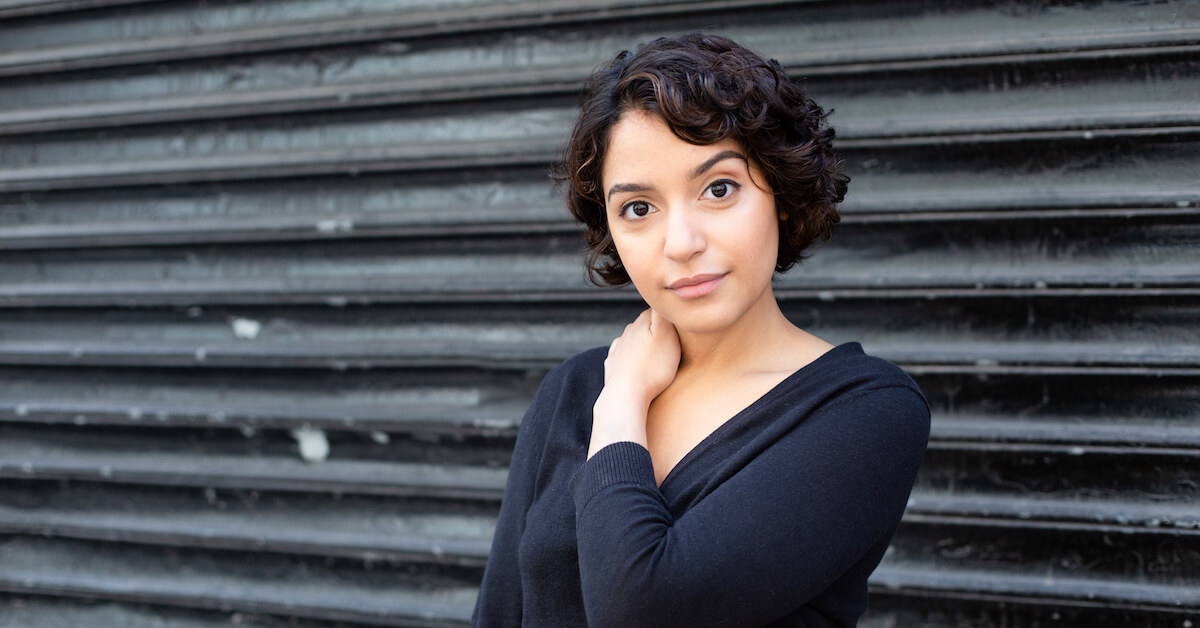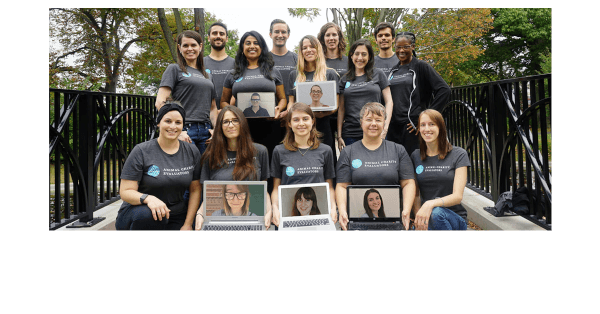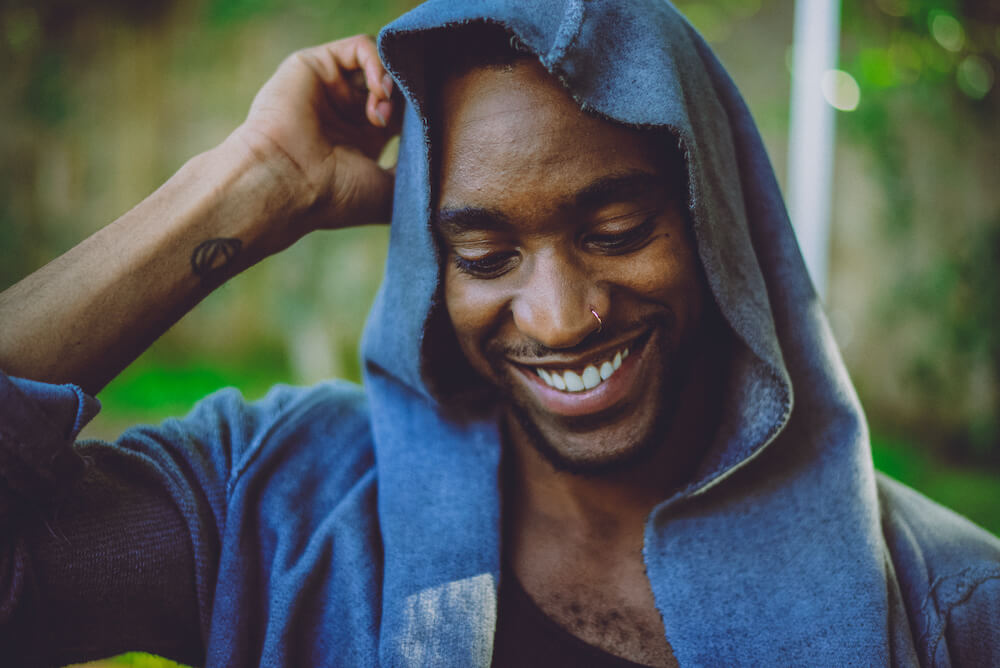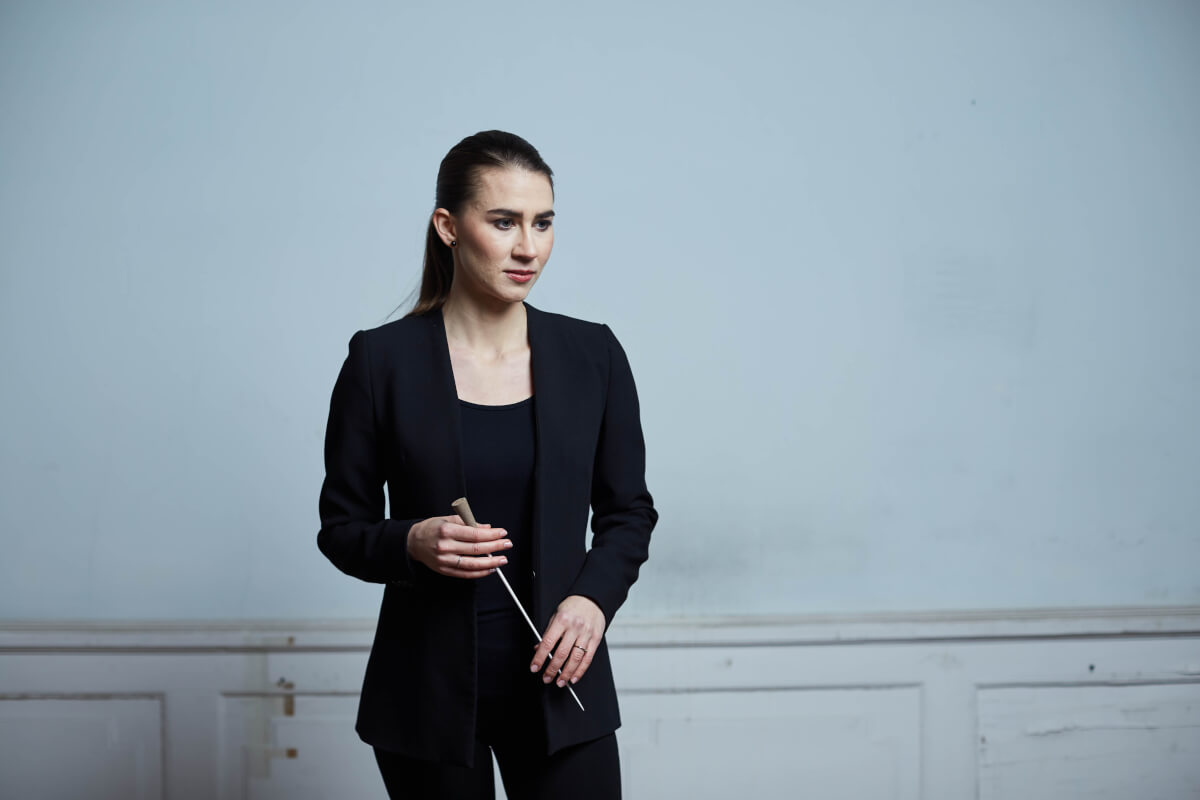How much do the Selling Sunset houses cost? And other important real estate questions
Is it good for us to aggressively Google what it would cost to live in a luxury mansion in Beverly Hills? Probably not, but we’re going to do it anyway.

After bursting into the spotlight in Steven Spielberg’s political thriller, The Post, actress Coral Peña starred in NBC’s hit spy drama, The Enemy Within, and was most recently on the stage in NYT Critic’s Pick BLKS. She talks to us about pride, prejudice and the power of a good story: “It’s all about being able to create a message that is bigger than yourself.”
Wise is a new way of managing your money internationally for a fraction of the price of a bank or PayPal. This interview is part of our Lives Without Borders series, in which we speak to people whose careers and lifestyles have transcended borders.
Fresh out of school, it was scary be an actor who is so visibly Latin.
I realized at a very young age that poverty teaches you a lesson that you don’t really want to learn, which is that really have to do everything for yourself. Poverty is a really difficult teacher, but oddly enough, I am grateful for it.
Being an actor or doing anything creative is very fickle, so I knew going into it that the instability of it all is something I had to become comfortable with. I thought that maybe there would be a period where the roles just weren’t clicking, so after school I took on day jobs like babysitting, working in a restaurant, dog walking. I think that reality scares a lot of people and they end up quitting too early, because there really is no security blanket after you graduate.
Financial security would be amazing, but I just don’t think that is the reality of the career that I chose, and I thought – I have to accept that.
I studied drama at New York University and the Royal Academy of Dramatic Art in London. RADA was a massive learning curve and a big game changer for me. When I first got into NYU, I seriously considered changing my last name to something more ambiguous - not because I was ashamed, but because I assumed it would be the only way for me to simply get auditions. It was scary to be an actor who is so visibly Latin, because I didn’t feel that they were taking us seriously in the industry. I rarely saw myself represented on-screen, so it felt daunting to try to become that representation. When I went to see Shakespeare plays in London, I saw so much diversity on stage. It’s not perfect, but I felt so liberated seeing that, because I thought – I just have to tell myself that I am allowed to be in that space and hopefully things will follow from there.
I felt like a total equal at RADA, whereas in the US there are subtle things that indicate to you, as an actor or just as someone walking down the street, that people are seeing you in terms of your skin color before they see you as a person. The teachers at RADA did not attach an idea onto me based on how I looked. I felt like they genuinely said – What do you want to do? Alright – now show us you can do it. I was coming in with the cleanest slate I’d had in my entire life and I wanted to prove that I could play any character from any background.

For a lot of people, just me existing on a big screen is a message in and of itself.
I absolutely loved working with Steven Spielberg on The Post. It’s so inspiring to work with a director who has such an amazing legacy, yet he does not go onto autopilot. He is still so in love with it all. He really set the tone for the set, because he’s so kind, and I felt like such an equal. There was an amazing feeling that we’re not just shooting a blockbuster movie, we are making art, something that we care about.
My main scenes in the movie were with Meryl Streep, who is obviously one of the greatest actresses in the world. When you finally meet her face to face, your brain can’t even let you connect this iconic image to the person you see in front of you who is just very human and normal. Not being able to connect those two things actually made it easier. It was like – OK. This is my scene partner, and we get to talk about life. It didn’t feel like it was about anything but creating this wonderful thing together and then being able to hand it over to the world. I try to have that mindset as well.
I grew up in Harlem and was born in Dominican Republic. American culture was more immediate to me, but my mother gave me that very deep connection with the culture of Dominican Republic. I'm Dominican-American, not one or the other. How to accept that duality in a person is something that this country is still trying to figure out.
If you think of Meryl Streep, you don’t think of America, you just think of Meryl Streep. Of course, I want to represent Dominican Republic, but I want to do it in a way that is free of assumptions about what that might mean. How can you handle the responsibility of representing your roots and at the same time have artistic freedom?
I have to accept that responsibility, because for a lot of people, just me existing on a big screen is a message in and of itself. I want to have the opportunity to affect people, and because some of those people recognize themselves in me and are seeing themselves on screen for the first time, that is a positive message on its own before I even speak. It’s all connected.
Over the last couple of years, I’ve worked on The Post, 24: Legacy and The Enemy Within, all of which seem to translate across cultural and geographical borders. The Post is a movie that is easy to connect to, but it’s such an American story. It’s about a Presidency and a distinctly American war, so it’s amazing how much interest there is outside the country that was affected by this scandal. It proves that there is this thing that connects all of us, no matter what language. It speaks to the power of a poignant piece of art.

You’re like – Is anyone actually watching this?
I have things to say, but I don’t want to be a politician or a public speaker, so it’s really all about the power of the story and being able to create a message that is bigger than yourself. That’s the most exciting part about being an actor.
It's so funny, I got stopped in the street earlier today by someone who recognized me from The Enemy Within. They told me that they were sad that my character, Anna Cruz, got killed off. I’m always shocked that anyone actually realizes it’s me, because I don’t think I look like any of my characters in real life. People of color are rarely given that opportunity to transform. I do that on purpose, because it’s much more exciting to play a character that’s wildly different from myself. Sometimes when you do screen work, it feels a little bit like it’s going into this void. You’re like – Is anyone actually watching this? So when people do come up to me, at least I know someone is watching.
My character in The Enemy Within is a CIA analyst. She’s quite the actor, which was so exciting because it’s rare that you get to play someone who puts on such a distinct face amongst one group of people and a very different one to another. I’d been itching for something where I could create a character that had so many sides. I’ve never fancied being a spy in real life. I’m fine with a replica, but if you put a real gun in my hands, I wouldn’t know what to do with it.
If you’re lucky enough, you have the time to build a character, but what you audition with is usually what they want as the foundation for the role. There just isn’t as much time with TV as there is with a film or a play, so once you’ve read the scripts and talked to the executive producers and the writers, you usually stick with your gut feeling in terms of where the character should go.
In TV and film the camera comes to you. You have a close up and you can dial it down and say it all with a twitch, a smirk or a look in your eyes. With stage work, sometimes you’re playing to the back of the theater, so there’s a lot more that needs to be said with body language. When the audience can’t see your face, how do you portray that thought with a slouch of your shoulders, a breath or the way you walk? It’s the difference between playing to one person through a screen versus playing to the back of the theater. How you navigate either whilst still making it natural is very important.
There is nothing more exhausting than watching an actor when you can see the wheels turning. You can see them doing the work, so you feel like you have to carry it with them. What’s exciting is to see an actor where you feel like you know the fabric of their character's universe – from what they are feeling to what they ate that morning, just from a look or a single sentence. The greatest challenge for an actor is to make it all appear to be seamless and effortless.
I think there’s a pressure to use social media right now as a way for me to share my work, but I will stop using it the second that I no longer need it. I love having a place where people can engage and I can give things up as an actor, but there’s a part that you do need to keep for yourself. If you don’t do that, you’ll start to confuse your success as an actor with yourself as a person, and I don’t think that’s particularly healthy.
I think having some sense of mystique is not only valuable in your career, but good for your wellbeing. It’s never been my goal to become a celebrity. I’m here to be an actor. I just want to create good work and tell good stories.

It’s not always going to be the most satisfying work. If you think like that, it’s a hobby.
I went to private school and was the only kid on a full scholarship. They would all have tutoring after school, which my mother couldn’t afford, so I realized that I had to work double as hard just to get on the same level to match the people who were getting extra help. As frustrating as that is when you’re a kid, when you enter a competitive industry like mine, you realize that it’s that kind of philosophy that will get you further than you expect, especially as a woman of color.
Although I had friends who could take their time after graduating, I knew I had to start making it profitable almost immediately. I had to get an agent and a manager, and then audition during the day and work at night. I think the fact that I couldn’t wait around is what helped me.
When you go out into the real world as a freelancer, you make your own schedule. If you don’t go out and do something yourself, it won’t happen, so self-discipline is vital. I didn’t get much of a leg up when I was a kid, so I learnt to do things on my own and I felt comfortable making my own rules as an adult.
I had a lot of hunger and passion, so I was comfortable with it not always being fun. I think a lot of people who have a passion get confused and they think that they have to love it all the time. It’s not always going to be the most satisfying work. If you think like that, it’s a hobby. What makes it a career is putting in the hard work that’s not always fun in order to get to the point where you can finally do things that you love.
Coral’s upcoming film is Chemical Hearts, which will come out on Amazon.
As told to Jonathan Wingate, exclusively for Wise. Photography by Grace Brown.
*Please see terms of use and product availability for your region or visit Wise fees and pricing for the most up to date pricing and fee information.
This publication is provided for general information purposes and does not constitute legal, tax or other professional advice from Wise Payments Limited or its subsidiaries and its affiliates, and it is not intended as a substitute for obtaining advice from a financial advisor or any other professional.
We make no representations, warranties or guarantees, whether expressed or implied, that the content in the publication is accurate, complete or up to date.

Is it good for us to aggressively Google what it would cost to live in a luxury mansion in Beverly Hills? Probably not, but we’re going to do it anyway.

Living abroad comes with its own challenges but in that, its rewards and opportunities — whether they are professional, personal, or financial. We spoke to...

After working in Japan and the United States, Creative Director Ben Sheppee returned to London to open a studio and develop his business. His innovative work...

Seven years into her career as an engineer, Gina Stuessy decided she wanted to have more of an impact on the world. So she took the plunge, quit her job, and...

After spending almost a decade working in fashion and the movie industry in Los Angeles, Dominique V. Richardson sought a change. He packed up his bags and...

For Polish orchestral conductor Marta Gardolinska, sitting on a plane is just part of the job. At least, it was until COVID-19 cancelled concerts around the...